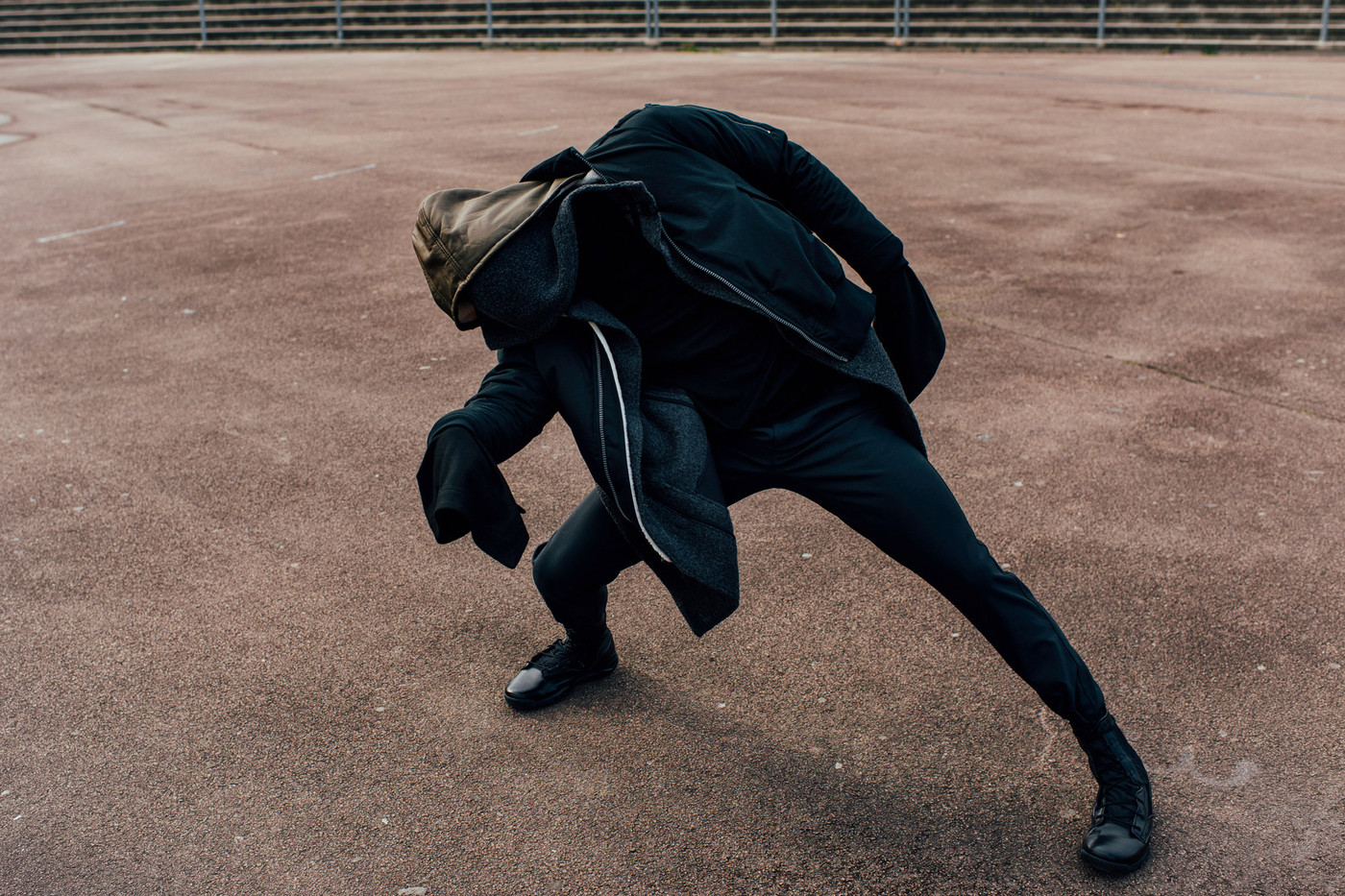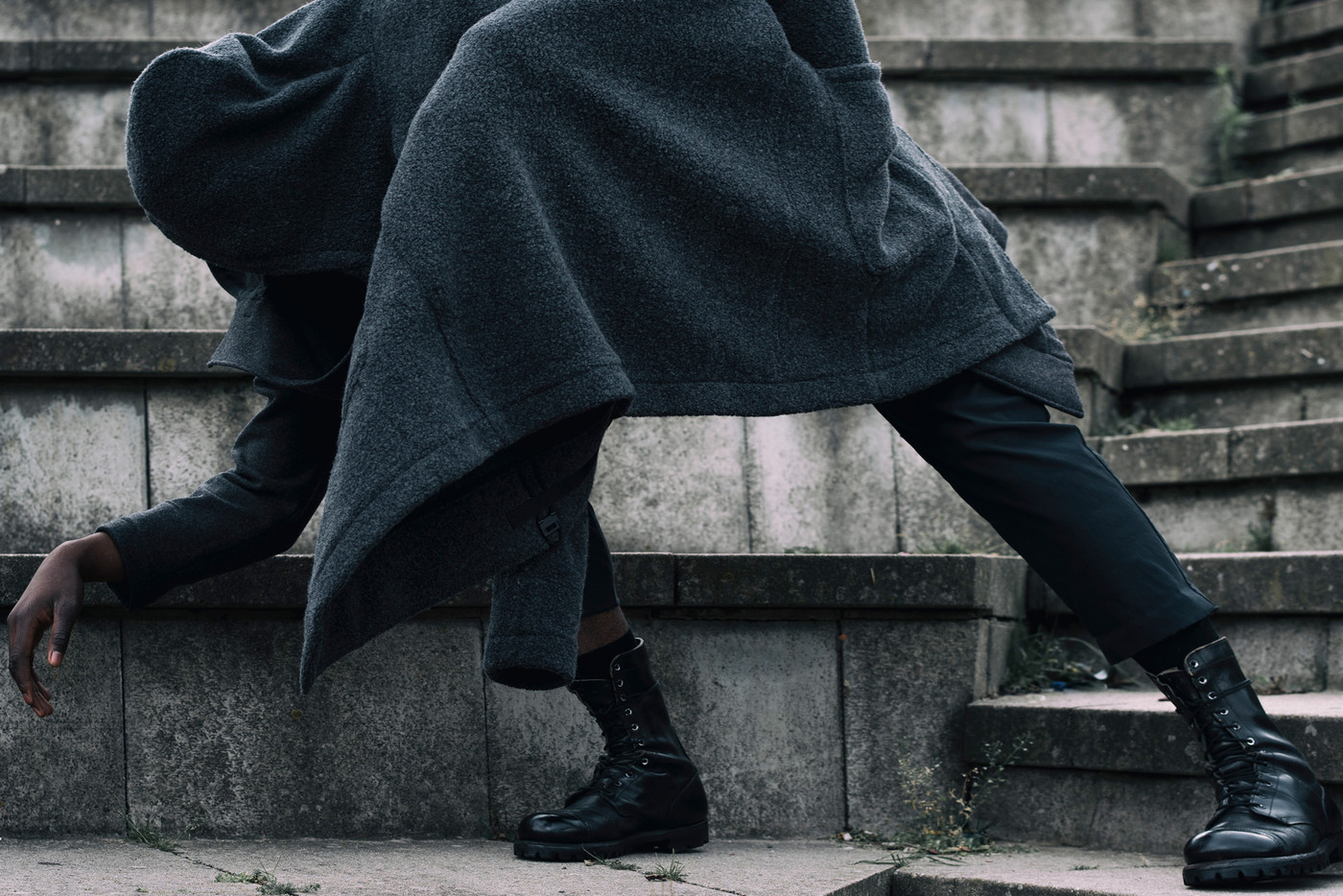how Outlier make you want their clothes
After writing about how sports stars leverage their own narratives as part of their brand identity, I wanted to discuss another example of effective storytelling through the prism of the clothing brand Outlier.
I’ve been following Outlier for a year or so now and have yet to buy any of their clothes. Following them is oddly pointless as beyond the odd comment on their subreddit and liking a few very smartly styled Instagram posts, I’ve not actually engaged with the brand at all.
Here’s a very précis history of the brand. Abe Burmeister was working in a relaxed, smart casual sort of office in New York City and regularly cycling into work. What he found was that he was regularly wearing through his trousers when cycling but didn’t really need or want to go full lycra as his commute was a relatively gentle one for which the encumbrance of changing at the office would have been painful.
He thus spent quite some time trying to find a work appropriate trouser that could withstand his cycle commute but did not compromise on the style front. He had to consider durability, flex, permeability to deal with changing temperatures, sweat and wet weather and ended up going down a fabric rabbit hole, discovering an enormous world of manufacturers and materials that he never knew existed.
He found a material and started to enquire about having his trouser made in the historic Garment District of New York. During this period, his barista told him about another guy called Tyler Clemens who frequented another branch of the cafe who was trying to achieve a similar objective but with button down shirts. They arranged to meet up.
What has spawned is a bootstrapped company with no outside investment that now have a wide range of constantly iterated key pieces of clothing, designed for differing needs and requirements in weather, activity and climate. The core range doesn’t change too often and is supplemented by regular ‘experiments’ where new features and designs are tested, some of which being incorporated into the main line of garments. Others just become collectors pieces.
“a space where clothing is torn apart, reconsidered and iterated on”
This is a successful business: Fashion business publications have reported its revenue as between $5 million and $15 million.
They say that:
One well-considered object can take the place of many cheaply made ones. We think the traditional fashion system is flawed and that it is possible to create higher quality garments at better prices by rethinking traditional cycles of development, production and distribution.
The brand run a very active subreddit where they often engage with customers to elicit feedback on their products, not being too precious about any complaints and keeping a transparent and open dialogue with the people that buy their products. This is smart stuff and makes me think of Kevin Kelly’s essay 1000 true fans. This subreddit are the truest fans a brand can have as they constantly debate and recommend products and innovations with each other, often selling pieces to each other through the forum.
This approach is very much like a tech company and the belief in getting a Minimum Viable Product out there. Get something out and iterate using feedback from the people who want you to succeed the most.
Outlier’s story is one of innovation. They wanted something that didn’t exist; a stylish, work appropriate and cycleproof trouser; and went out and made it. Listening to some podcasts, the founders say how the origin story, centred around cycle commuting, helped to begin with but now that they’ve pivoted away from it to become more general in their focus.
The importance of the origin story cannot be overstated. It explains clearly a raison d'être for the brand and shows a customer how Outlier are here to solve your problems. They know this as evidenced by Burmeister's interview here, talking about how he came upon the idea of being minimalist in terms of his possessions and specifically his clothing: “This was way back, like pre-origin story.”
An origin story is something that superheroes have and a narrative beat that we are all comfortable with whether we notice or not. Sports stars leverage their own origin stories to burnish their brands, as evidenced by the King of Narrative, LeBron James. Outlier's origin story made them a cycling brand, an association they've worked hard to shake in order to make themselves more widely appealing.
“Outlier began with one particularly elusive value: an intense feeling of exhilaration and liberation that comes from riding in the city. With Outlier we want to take that feeling and bring it everywhere we travel”
Their clothing is appropriate anywhere, usable for anything and not limited to one specific activity or group of consumers, providing clothing that allows the wearer to be free. Free to put on one outfit and be comfortable and welcome in almost any environment.
“Clothing should be liberating. What you put on in the morning should never restrict what you do with your day.”
Living in France it was noticeable how people freely moved from work to socialising to dinner without changing their outfit or needing to go home and 'get ready'. In a rugby team you're not free in this manner; you're dictated to in terms of having to wear a uniform, meaning that if you subsequently go anywhere you are gawped at. Your otherness is always evident.
Freedom is effectively what they're selling you. Travel blogs and forums recommend their clothes to higher end backpackers as you can effectively pass anywhere in the world wearing them. You can partake of any activity whether that be drinking beers or climbing mountains and the clothes remain wearable.
The piece that appeals to me in particular is the Free Ways Short, a stylish, plain coloured short that can be used for socialising, training and swimming. Shorts are tough for the athlete (or former athlete) to find due to our bizarre shape. I have glutes that stress my shorts and trousers, often blowing through the crotch despite trying to buy quality flexible clothing.
The name of the brand can help a purchaser to feel smug too. The logo is a Black Swan, doubling down on how unusual these pieces are. The inference is that you are special for buying these considered pieces of clothing, apart from everyone else and free to do anything and go anywhere without being limited by what you’re wearing. The brand positions itself as special and superior, allowing you to feel as such by buying their clothes.
“We want to build the future of clothing.”
That's Outlier's goal. A lofty one but one that is easy to get excited about. Their aesthetic is muted, techie and modern, the photography conveying the freedom of movement often incorporating balletic movement in post-industrial settings, models looking like modern ninjas. Who wouldn't want to be a modern ninja?
By buying their clothes you position yourself as someone who thinks ahead, is free to do what they want and who is ready for anything.
What am I waiting for then? Well shipping and sizing are a pain when you're Europe based. My own freedom will have to come at a later date.


